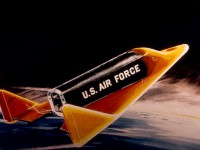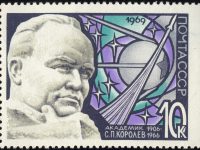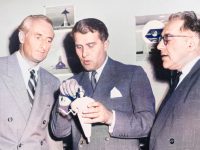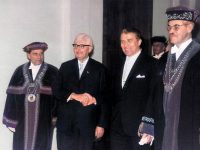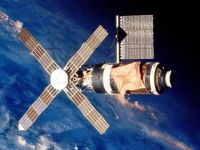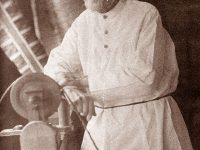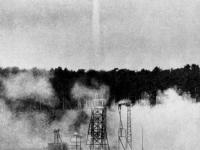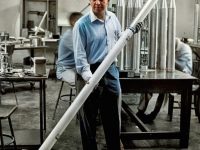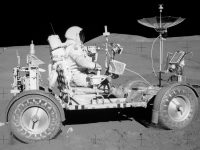Walter Dornberger and the Spaceplane
On September 6, 1895, German Mechanical Engineer and Army artillery officer Walter Dornberger was born. Dornberger is known as a leader of Nazi Germany‘s V-2 rocket program and other projects at the Peenemünde Army Research Center. After World War II Dornberger played a major role on the creation of the X-15 aircraft and was a key consultant for the X-20 Dyna-Soar project. He also had a role on the creation of ideas…
Read more

